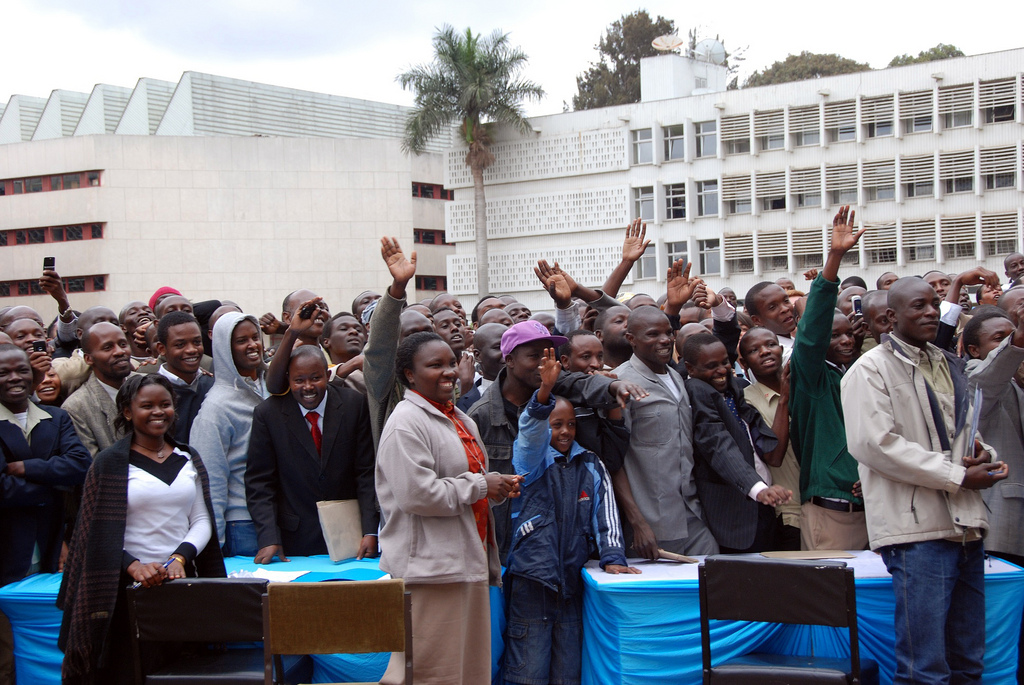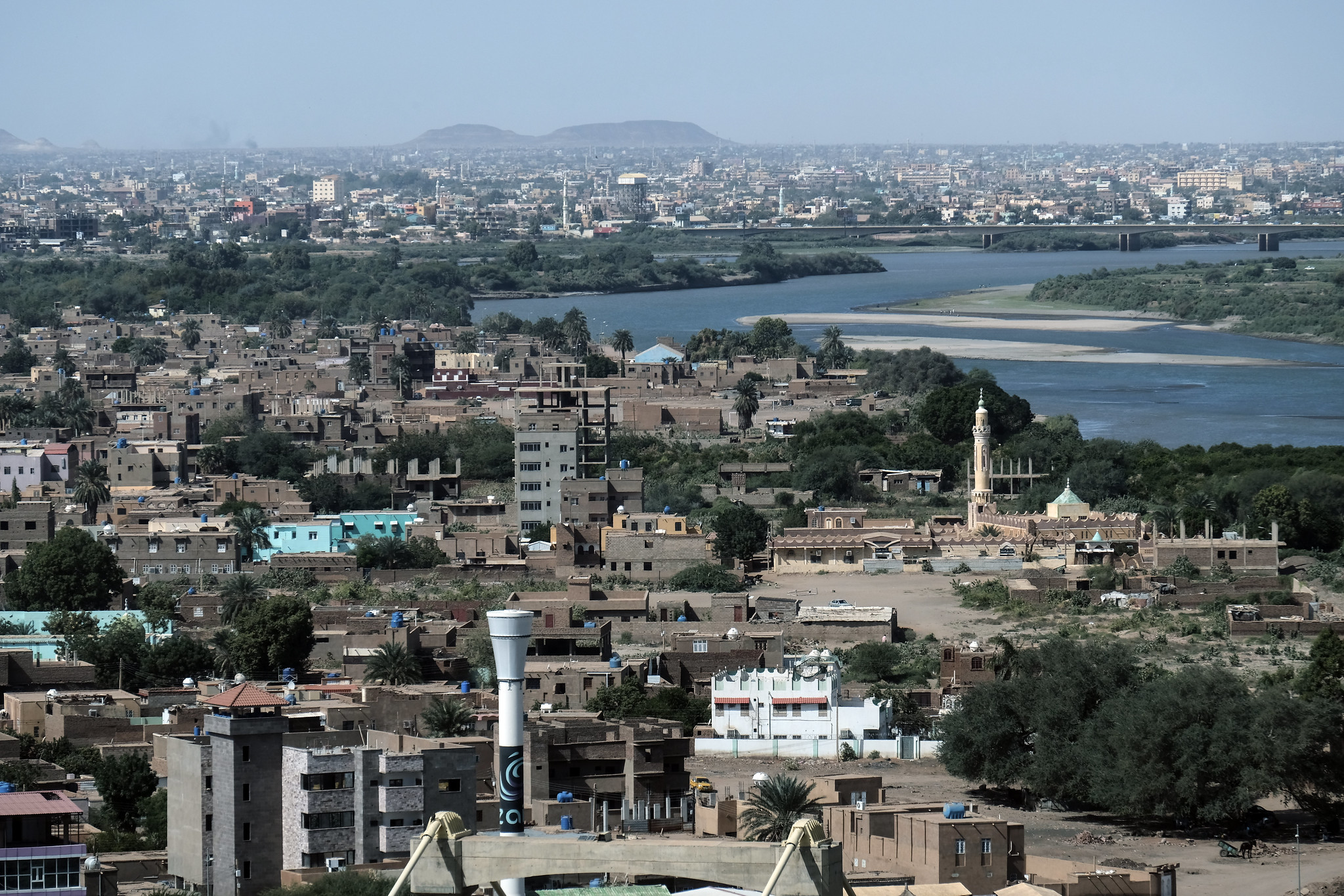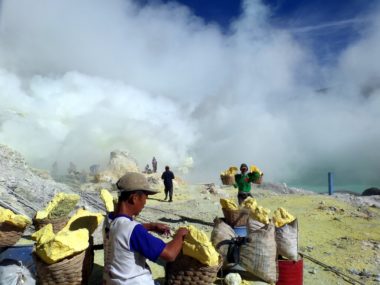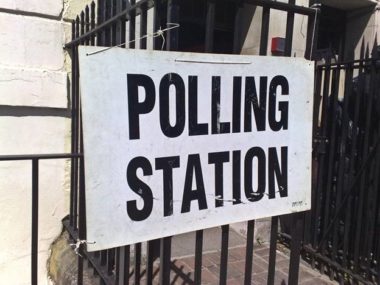
Last week a couple of my colleagues left with some trepidation for Kenya to monitor the general election held this past Monday. This would be the first general election held since 2007, when violence killed 1,200 people, and it was not clear that this year’s election would be more peaceful. And yet it was. The outcome was initially too close to call, as it was last time, and the two leading candidates Uhuru Kenyatta (scheduled to stand trial at the International Criminal Court on human rights crimes) and Raila Odinga were from different tribes. But no violence ensued.
So the puzzler this week is this: Why was this election in Kenya so much more peaceful than the last?
Answer to last week’s puzzler:
Last week we looked at the bat-shit crazy behavior of Kim Jong Un regarding nuclear weapons. Anyone who has taken a class from me knows that my first instinct is to assume that any player in the international sphere is rational and, in fact, I never label any player “crazy”. I have to admit, though, that this one is tempting. For years I’ve taught a class on international security where we attempt to explain the periodic crises between North Korea and the United States over nuclear weapons. Our analysis always comes back to the same conclusion: North Korean leaders use nuclear weapons as a way to extort much-needed money from the international community, especially the United States.
But this time KJU’s more provocative threat — to possibly launch a preemptive nuclear attack against the United States — backfired badly. Not only did he not get any goodies from the United States, but America together with China and the rest of the Security Council tightened economic sanctions. I’m honestly flummoxed. KJU should have known this was a terrible strategy, and that the rest of the world would react strongly and negatively to his threat. What was he thinking? I think Brian Forst and Michael Dennis might be right when they say that this is the behavior of a naive and inexperienced kid. Let’s hope that’s true, because that’s a better outcome than having a nuclear-armed crazy person at the helm of a small country in the middle of Asia.








0 comments
I have puzzled over this questions for months now and came to the conclusion it results from the will of the Kenyan people for a peaceful election combined with the massive international attention the elections generated.
I was in Kenya in 2008 and have witnessed the aftermath of the terrible violence and especially the fear for the next election. No one wanted this to happen again and Kenyans have done a lot in the past five years to deal with the consequences of tribal and political violence. The press – arguably a contributor to the violence in 2008 and usually fierce – has been exceptionally tame, which has helped a lot argues Michaela Wrong in the NYT. http://latitude.blogs.nytimes.com/2013/03/14/erring-on-the-side-of-caution-kenyas-media-undercovered-the-election/
Further, the main actors of the 2008 violence, Kenyatta and Ruto and such have also demonstrated restraint and called for peace.
I believe that this common spirit of “never again’ has contributed mostly to the calm and quietness of the elections.
Another contributing factor is that the elections in East Africa’s economic powerhouse have been exceptionally scrutinised by the West. The indictment of the main contesters by the ICC and the violence in 2008 have created massive press coverage even in the mainstream media unless other elections such as in Zimbabwe right now. With this much international pressure unchecked violence was prevented.
Having monitored the press and spoken to a lot of friends in the lead up to March it was not very surprising that no killings would occur, it is still more baffling to me why they occurred in 2008 in the first place?
Violence was sparked out of Kibera the Nairobi slum where many Luos amongst other tribes live. In the last election the homeland tribe of Kibera, the Nubians, were in a very far back seat. The non-involvement of tribes other than the two politically charged caused violence to spark. This time the Nubians were active. They took a political and high profile role in pleading for the multi-tribal character of Kenya. They caused a dominance of Peace. As the tribal groups found that many tribal groups were around, any sparks were quickly watered out. There was peace. It takes activists at the grass roots to achieve Peace. Just look around you. Political Science of Big Ideas is just a bore.